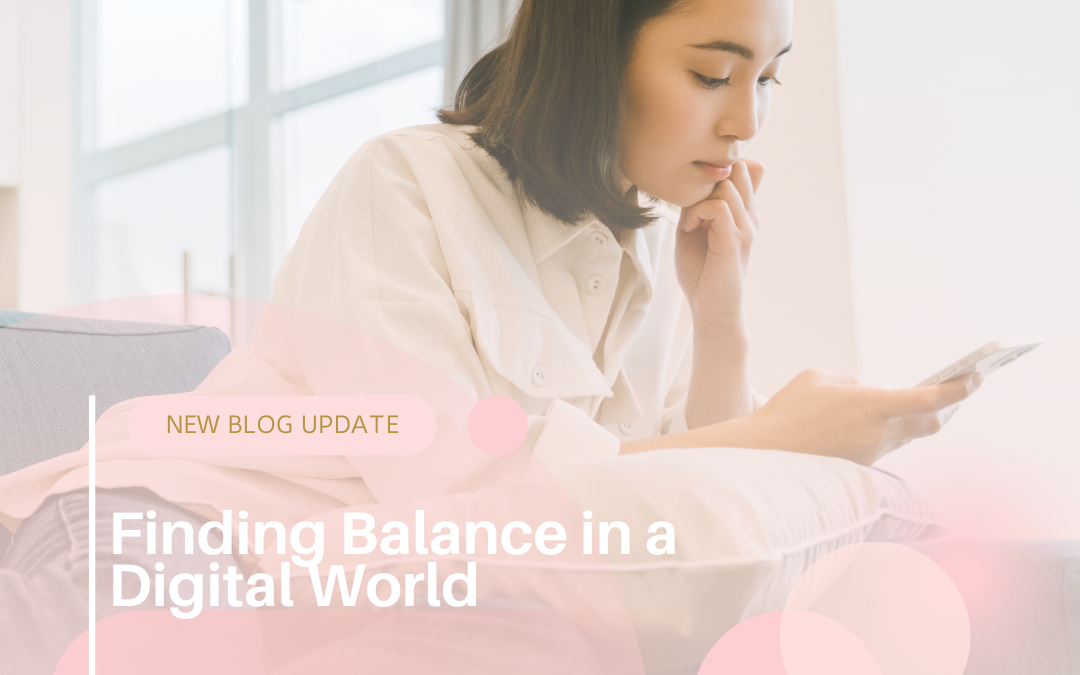Social media has become an integral part of daily life, offering connection, entertainment, and information at our fingertips. However, excessive use can take a toll on mental health, contributing to anxiety, depression, and low self-esteem. Finding a balance between the benefits and drawbacks of social media is key to maintaining emotional well-being in the digital age.
The Impact of Social Media on Mental Health
While social media can foster community and support, it can also lead to:
- Comparison Trap: Constant exposure to curated highlights of others’ lives can fuel feelings of inadequacy and self-doubt.
- Doomscrolling: Consuming a steady stream of negative news can heighten stress and anxiety.
- Social Isolation: Paradoxically, excessive screen time can reduce real-life interactions and deepen feelings of loneliness.
- Sleep Disruptions: Late-night scrolling can interfere with sleep patterns, leading to fatigue and emotional instability.
How to Use Social Media Mindfully
- Set Time Limits: Use app timers or take breaks to prevent mindless scrolling.
- Curate Your Feed: Follow accounts that inspire and uplift rather than trigger negativity or comparison.
- Engage with Intention: Instead of passive scrolling, use social media to connect meaningfully with friends, join supportive communities, or learn something new.
- Prioritize Real-Life Connections: Make time for offline activities, such as hobbies, exercise, or face-to-face conversations.
Final Thoughts
Social media isn’t inherently good or bad—it’s how we use it that matters. By setting boundaries and engaging mindfully, we can enjoy its benefits while protecting our mental health. Strive for a digital balance that enhances your well-being rather than detracts from it.


Recent Comments